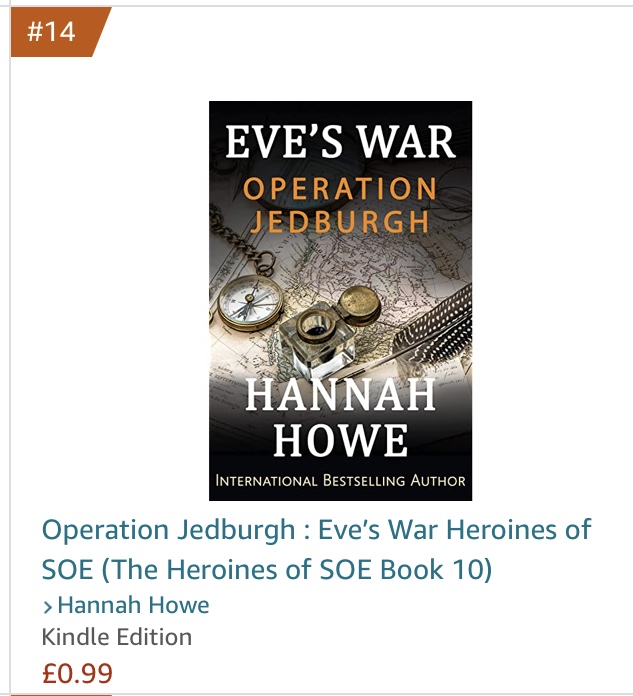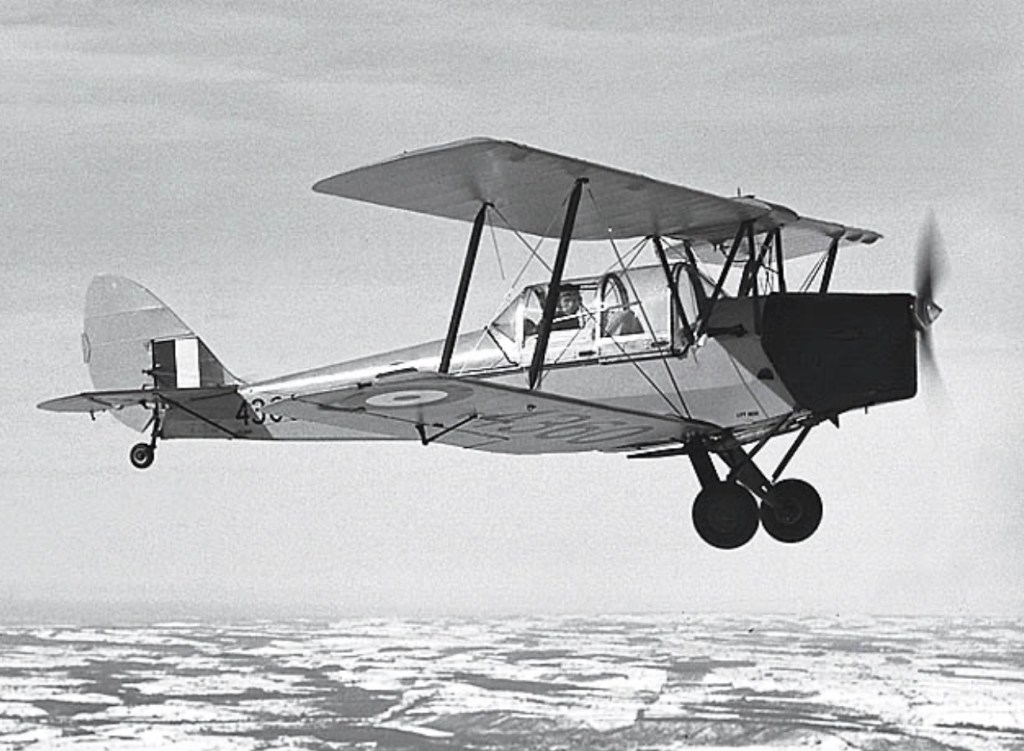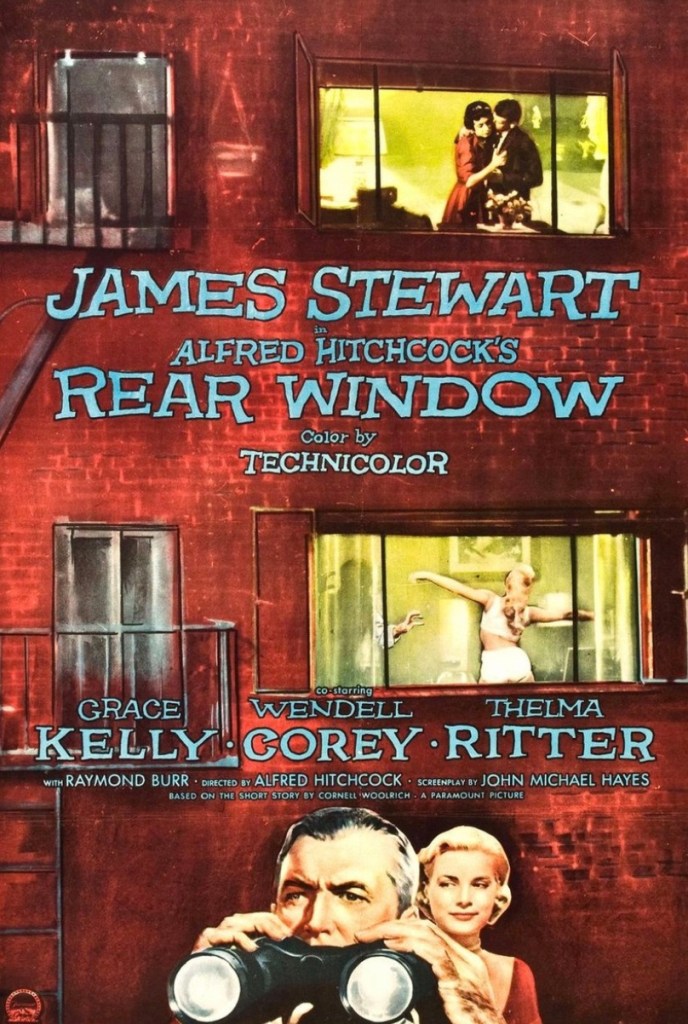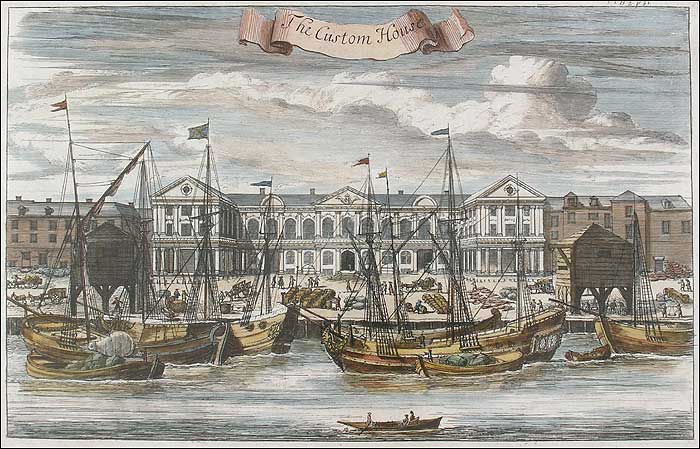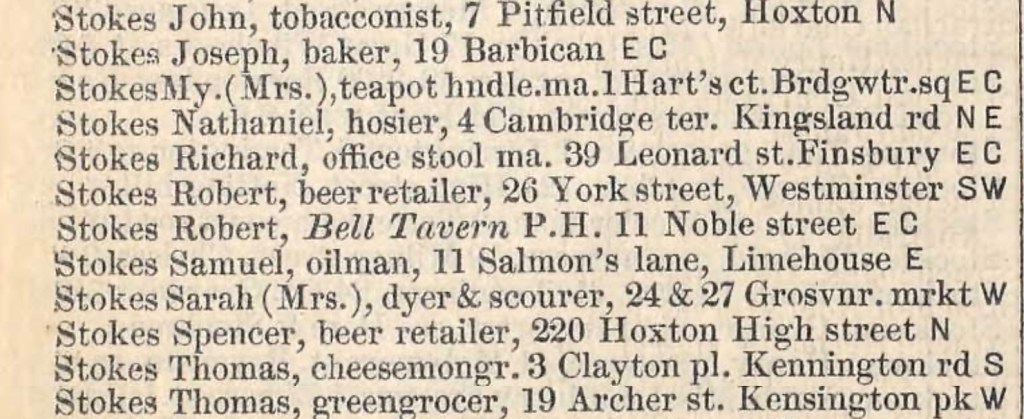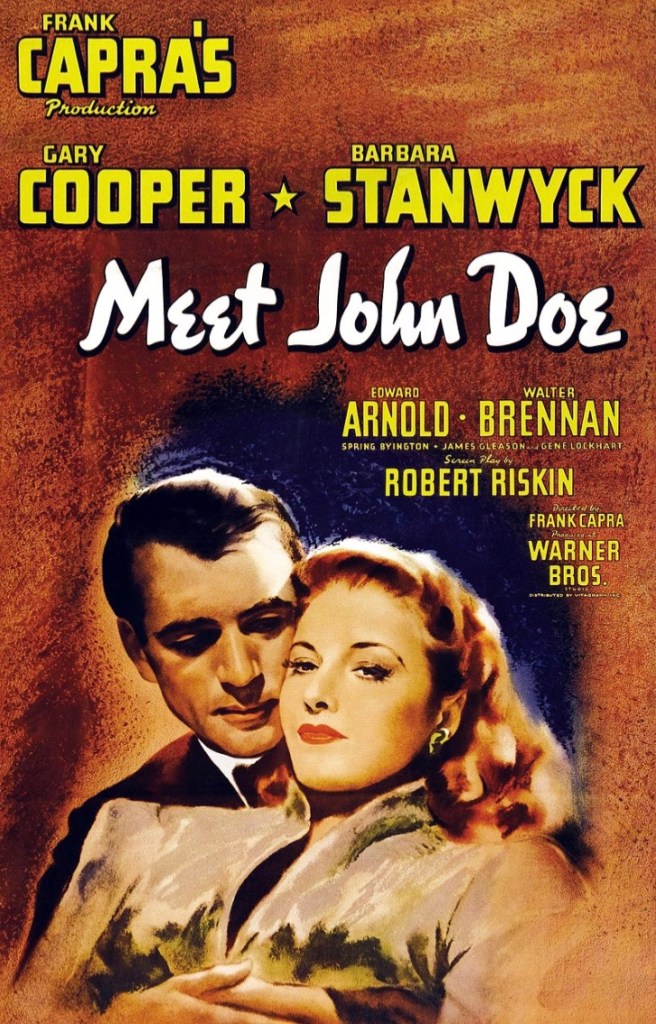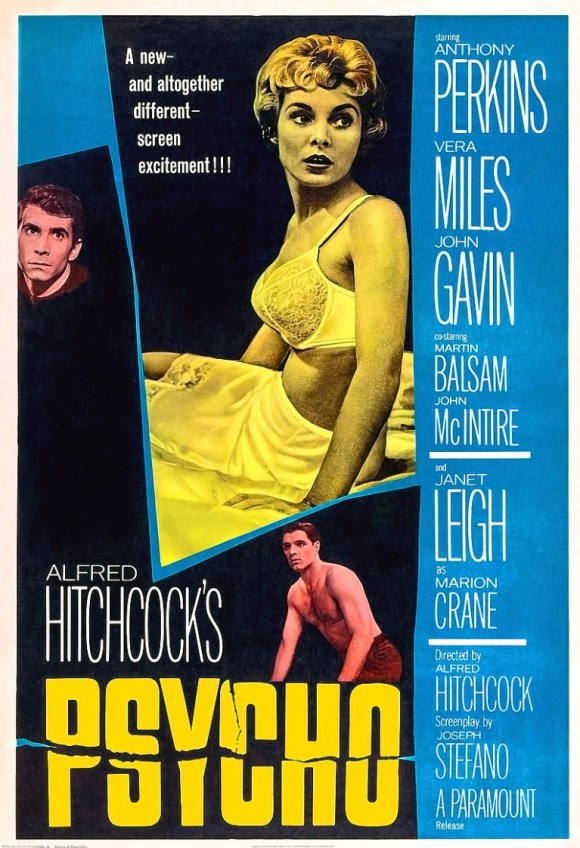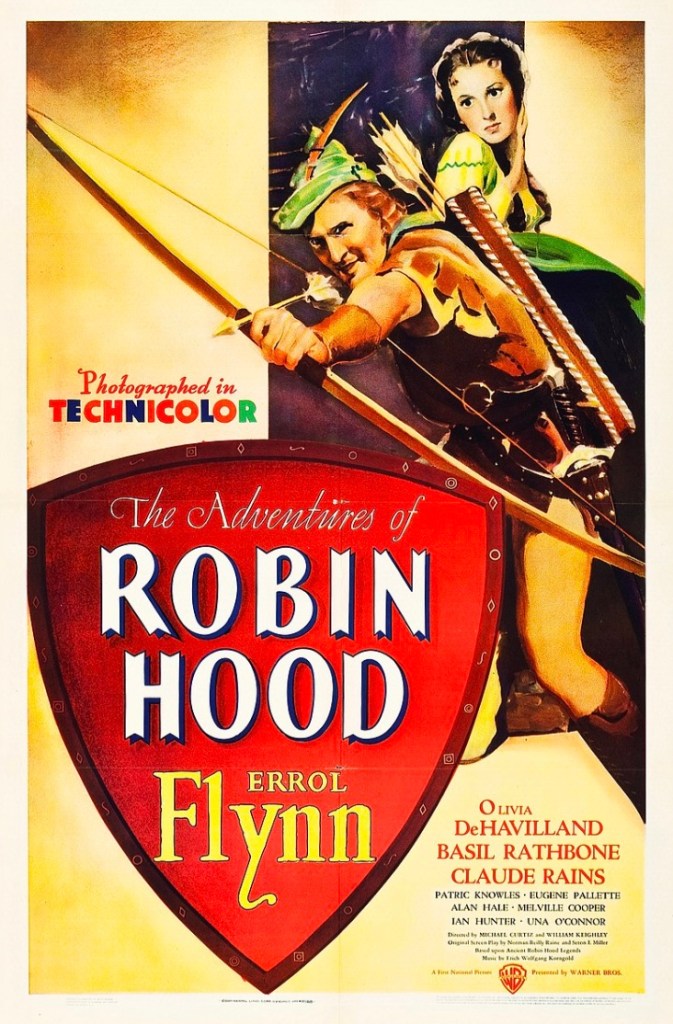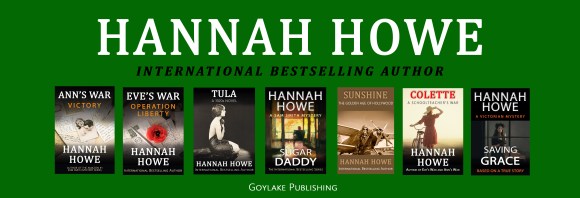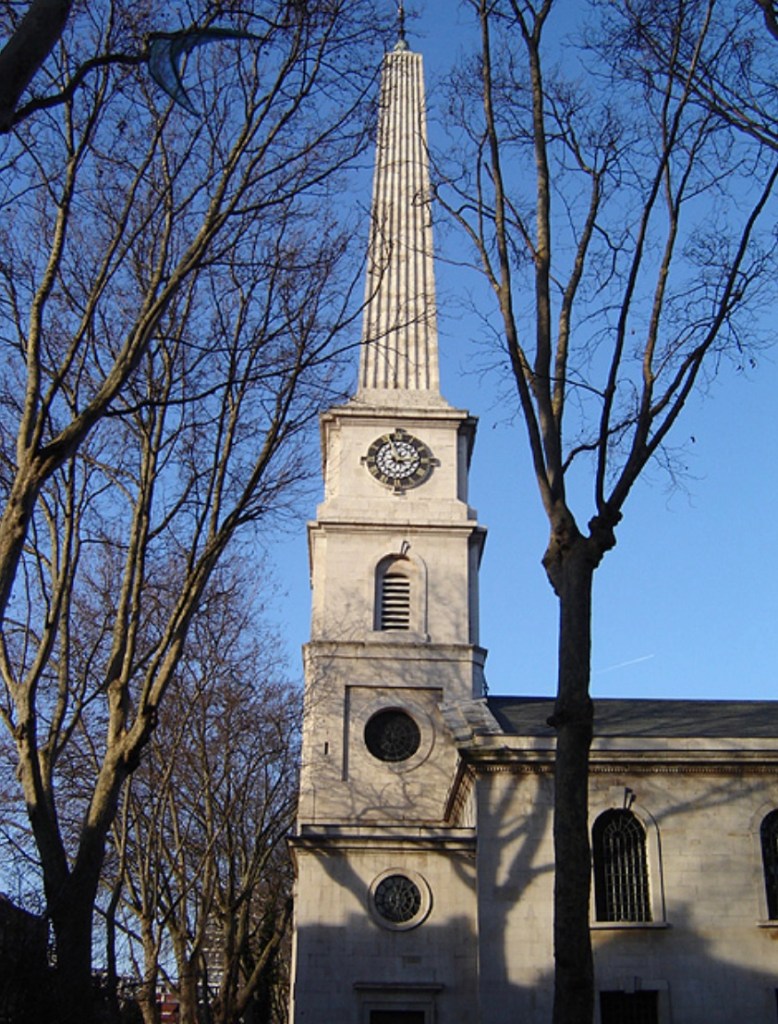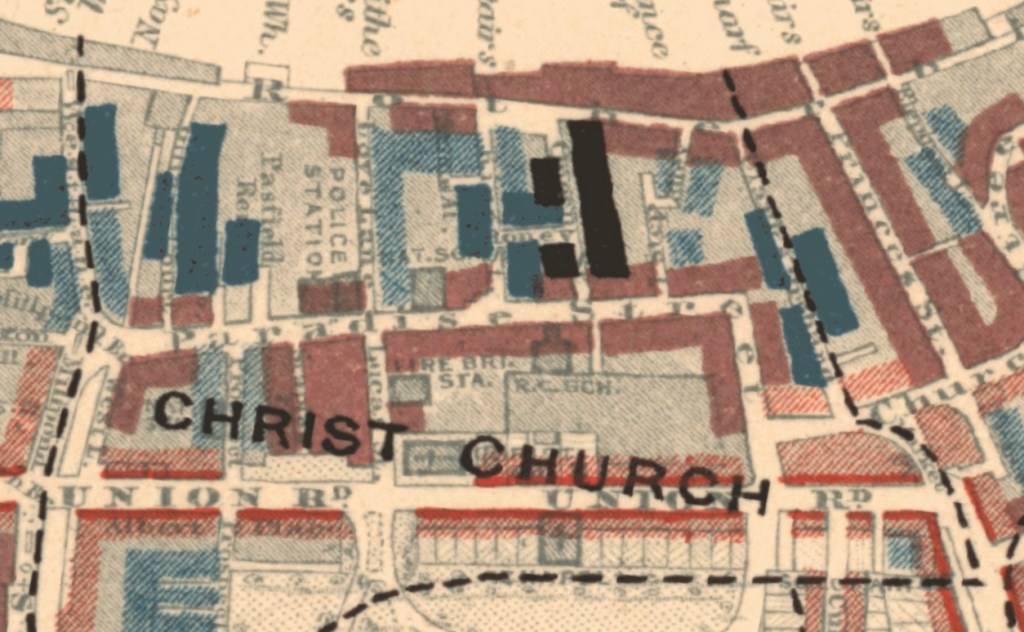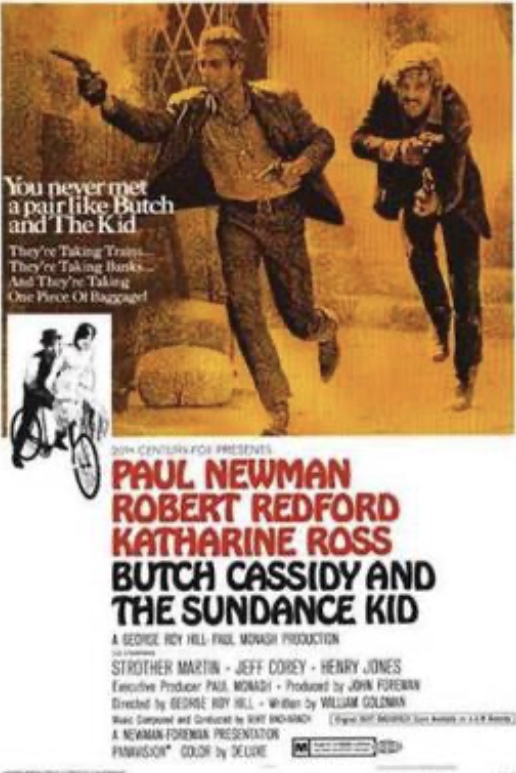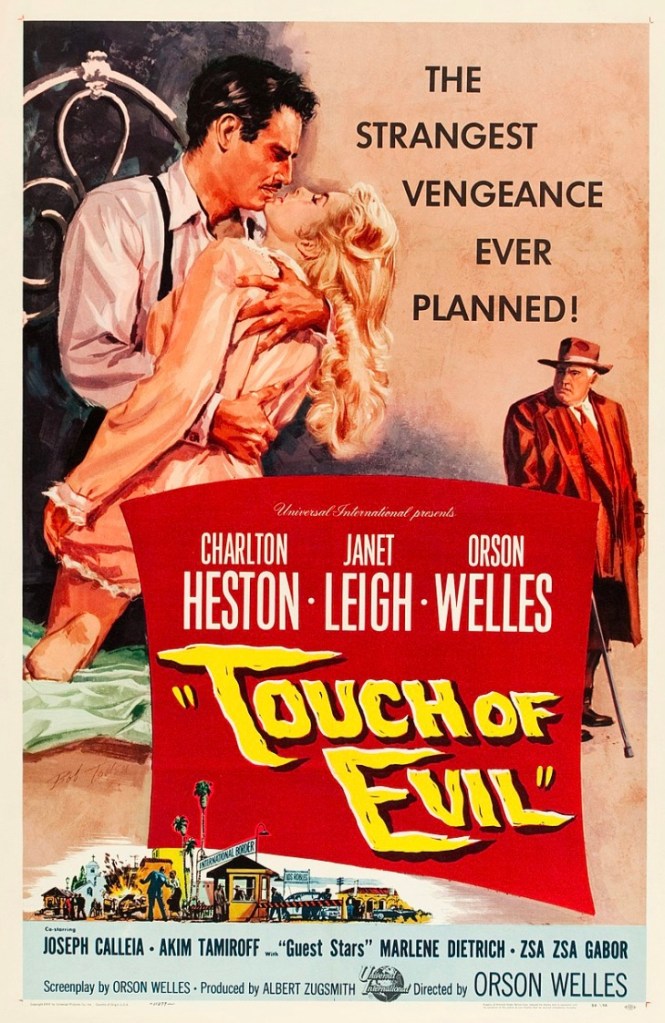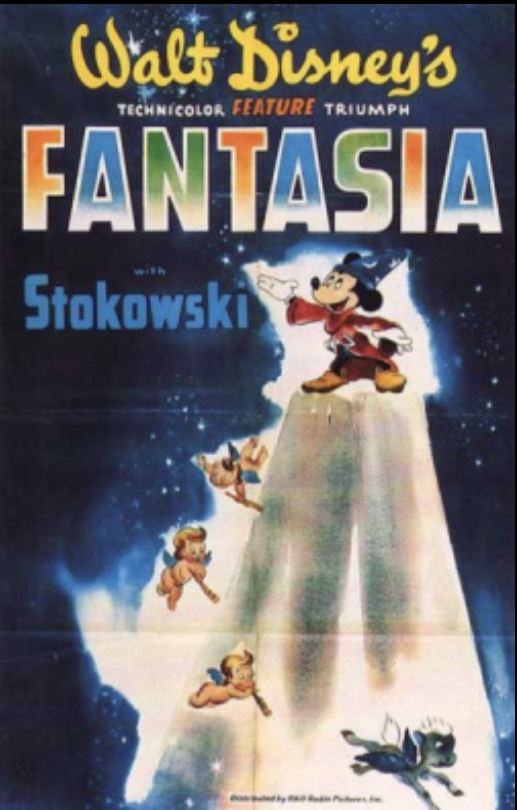
Dear Reader,
Some book news. I have three books in the top fifty of Amazon’s Hot New Releases, Historical Fiction: Operation Jedburgh, Eve’s War book ten, just published; Tula, book one in my Golden Age of Hollywood series, to be published this summer; and Operation Butterfly, Eve’s War book eleven, also to be published this summer.
A Tiger Moth, an aeroplane that becomes central to the life of my character Sunshine in my forthcoming novel, Sunshine: The Golden Age of Hollywood, Book Two. This is a Canadian version with its characteristic canopy. The biplane was designed by Geoffrey de Havilland and it operated mainly as a trainer aircraft.
Clara Bow’s thirty-first movie was Dancing Mothers, released on March 1, 1926.
Paramount cast Clara as Kittens, the second lead in the movie. Clara was too talented to play second-fiddle to anyone, and she duly stole the picture. She said, “I played her (Kittens) as a girl out for havin’ fun. When I said mean things, I tried t’put over the idea with a look after I’d said the thing: “Oh, why’d I say that? I didn’t really mean it.”
Clara always added depth to her roles, a depth that wasn’t always evident on the printed page. She had an intuitive understanding of her characters and, just as importantly, a knowledge of how various members of the audience would interpret her characters. She played each scene accordingly, with the aim of connecting with the entire audience.
Clara imbued her characters, and movies, with a great sense of energy. She also had the gift of suggesting a hidden sensitivity, even in characters that displayed a superficial façade. As Louise Brooks said, “She was absolutely a sensation in Dancing Mothers. Clara was so marvellous; she just swept the country! I thought she was oh, so wonderful; everybody did. She became a star overnight with nobody’s help.”
I’ve discovered the baptism record of my ancestor Samuel William Noulton, born 8 April 1825, baptised 6 June 1825. Samuel died in 1893, in the workhouse. The Noultons are one of the poorest branches on my family tree. Samuel’s father, James, served in the Napoleonic Wars, fractured his wrist, and was awarded a medal.

The wedding of my 3 x great grandparents, William Bick and Fanny Brereton, on 14 December 1868 in St Mary’s, Lambeth. Both were from labouring families. William was illiterate, but Fanny signed her name. They moved to London in 1864 from the West Country. After their marriage, William and Fanny had five children. However, they also had five children before they wed.

My 3 x great grandmother, Fanny Brereton, was literate in an age when even women from privileged backgrounds could not read or write. Who educated her? A clue is provided by this Register of Duties Paid for Apprentices’ Indentures, 26 March 1807, which reveals that her father, James Richard Brereton, was an educated man and an apprentice to William Vandenbergh, a citizen and cutler of London. Also, in terms of family history, it’s interesting to note the continental connection.

I’m exploring the life and career of Virginia Cherrill, the person who, along with Charlie Chaplin, delivered the “Greatest single piece of acting ever committed to celluloid.”
In 1933, Virginia Cherrill played Virginia, a support character in Fast Workers, aka Rivets, a drama that starred John Gilbert. The critics hated the movie. Harrison Reports, a New York film-review service, stated that Fast Workers was, “Mediocre! The action is slow, the talk dirty and suggestive, and the behavior of the characters vile. Unsuitable for children, adolescents, and for Sundays.”
Virginia’s acting career was not going anywhere. However, she was travelling. On 25 August 1933, in Los Angeles, Virginia boarded the Matson Lines passenger liner SS Lurline, pictured approaching Pier 10 at Honolulu in the 1930s, and arrived in Honolulu on 31 August 1933.
Virginia was also sailing in another sense, into the life of Archie Leach, aka Cary Grant…
The latest results from the Third Round of our Mastodon Movie poll.


Sunset Boulevard 60% v 40% The Thin Man


2001: A Space Odyssey 60% v 40% The Great Escape


Psycho 46% v 54% Double Indemnity


Rear Window 56% v 44% The Maltese Falcon
Last Sixteen


Citizen Kane 63% v 37% Some Like it Hot


Dr Strangelove 74% v 26% His Girl Friday


Vertigo 48% v 52% 2001: A Space Odyssey
My article about Fay Wray appears on page 35 of the Seaside News
When you publish a book, in this case Operation Jedburgh, you are never sure what readers will think of it, so it’s always a relief when the first review comes through.

As ever, thank you for your interest and support.
Hannah xxx
For Authors
#1 for value with 565,000 readers, The Fussy Librarian has helped my books to reach #1 on 36 occasions.
A special offer from my publisher and the Fussy Librarian. https://authors.thefussylibrarian.com/?ref=goylake
Don’t forget to use the code goylake20 to claim your discount 🙂

